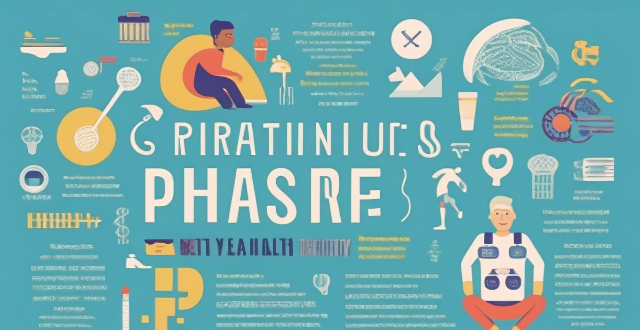This text discusses the importance of sports education in promoting physical fitness and overall health. It highlights various benefits such as improved cardiovascular health, muscular strength, weight management, mental well-being, social interaction, and injury prevention. The text emphasizes the role of sports education in fostering healthy lifestyle habits and reducing the risk of obesity-related health issues, heart diseases, and stroke. It also mentions the mental health benefits of engaging in sports activities, including reduced stress, anxiety, and depression. Finally, the text underscores the importance of sports education in developing teamwork skills, leadership qualities, and problem-solving abilities.

The Contribution of Sports Education to Physical Fitness and Overall Health
Sports education plays a crucial role in promoting physical fitness and overall health. It involves teaching individuals about various sports, their rules, techniques, and strategies, as well as the importance of regular exercise and healthy lifestyle habits. Here are some ways in which sports education contributes to physical fitness and overall health:
Improved Cardiovascular Health
Regular participation in sports activities helps improve cardiovascular health by strengthening the heart muscle and increasing lung capacity. This leads to better oxygen circulation throughout the body, reducing the risk of heart diseases and stroke.
Benefits:
- Lower blood pressure
- Reduced cholesterol levels
- Improved circulation
- Enhanced endurance and stamina
Muscular Strength and Endurance
Sports education encourages the development of muscular strength and endurance through various exercises and training methods. This helps maintain muscle mass, prevent injuries, and improve overall athletic performance.
Benefits:
- Increased muscle tone
- Improved joint stability
- Better posture and balance
- Reduced risk of osteoporosis and arthritis
Weight Management
Sports education promotes weight management by burning calories and increasing metabolic rate. Regular exercise helps maintain a healthy weight, reducing the risk of obesity-related health issues such as diabetes, high blood pressure, and certain cancers.
Benefits:
- Increased energy expenditure
- Improved insulin sensitivity
- Reduced body fat percentage
- Maintenance of a healthy body weight
Mental Health Benefits
Sports education not only contributes to physical health but also has numerous mental health benefits. Engaging in sports activities helps reduce stress, anxiety, and depression by releasing endorphins, the body's natural mood-enhancing chemicals.
Benefits:
- Improved self-esteem and confidence
- Better sleep quality
- Reduced symptoms of depression and anxiety
- Enhanced cognitive function and memory retention
Social Interaction and Teamwork
Sports education fosters social interaction and teamwork skills by encouraging individuals to participate in group activities and work together towards common goals. This promotes a sense of belonging, camaraderie, and social support, which are essential for maintaining good mental health.
Benefits:
- Improved communication skills
- Strengthened bonds with peers and teammates
- Increased empathy and understanding
- Development of leadership qualities and problem-solving abilities
Lifestyle Habits and Injury Prevention
Sports education plays a vital role in promoting healthy lifestyle habits and preventing injuries. By teaching proper warm-up techniques, stretching exercises, and safe sport practices, individuals can avoid common sports injuries and maintain their physical fitness over time.
Benefits:
- Reduced risk of sports-related injuries
- Proper recovery and rehabilitation techniques
- Improved overall health awareness
- Long-term maintenance of physical fitness and well-being
In conclusion, sports education significantly contributes to physical fitness and overall health by improving cardiovascular health, muscular strength, weight management, mental well-being, social interaction, and injury prevention. By incorporating sports education into our daily lives, we can enjoy these benefits and lead a healthier, happier life.